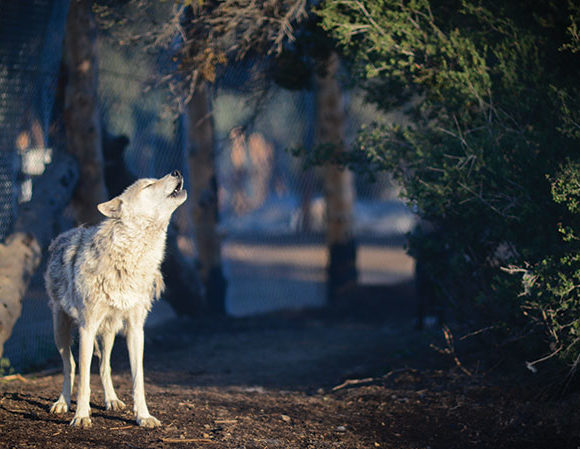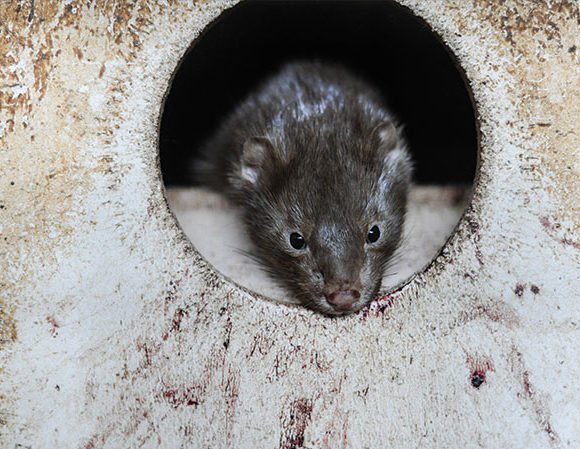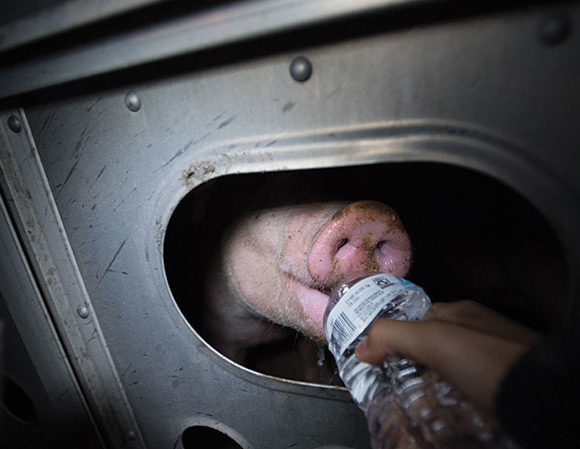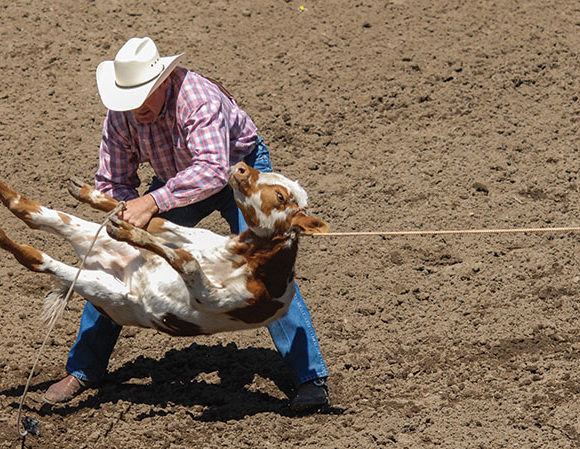Journalism Guidelines
Guidelines for Journalists
Journalism is an essential institution responsible for holding the powerful accountable, informing and educating the electorate, reinforcing society’s values, serving as a forum for civic debate on essential issues, and setting the public agenda. For journalism to be successful and responsible as a profession, to serve in the public interest in a democratic society, it must speak truth to power; fairly represent a diverse array of relevant perspectives, including marginalized voices; work independent of economic influence and vested interest; be accountable to the public; and minimize undue harm to living beings.
We have articulated guidelines designed to help editors and journalists craft cutting edge, important stories on animal-related issues in ways that meet journalistic criteria of accuracy, fairness, and completeness. Our purpose in creating the following guidelines is to raise journalists’ awareness of the urgent need to be more inclusive of animal interests in stories affecting them, an act consistent with the Society of Professional Journalists Code of Ethics[1] mandate to “give voice to the voiceless.” Journalism can create a better-informed public who is equipped to make educated, responsible decisions related to the billions of fellow beings on our shared planet. Click through the Guidelines on the photos below.
“Readers [of news] are led to believe that the exploration of the living world is nearly finished, so that the discovery of new species is a notable event.” Wilson recommends news media instead cover the discovery of new species on a daily basis so this discovery is normalized and not reported as a surprise or anomaly.
E.O. Wilson
Renowned BiologistOther Media Guidelines
While advertising plays an important economic and informative role, it can also be harmful if it distracts or dissuades consumers from engaging in sustainable and compassionate practices. Advertisers can be more socially and ecologically responsible by following our Advertising Guidelines. Read them here.
Communicating with key publics is not only essential to businesses but is also the backbone of much animal and environmental protection advocacy as well. Learn how to earn the public’s trust, and create open, honest dialogue that fosters informed decision-making through our PR Guidelines here.
Entertainment is a core activity in public life, which means it is fair to inquire whether entertainment programming contributes to the problem and whether it can be part of a solution for positive social change. Our Entertainment Media guidelines found here provide suggestions.
In a digital age, media communication is no longer just top-down. It’s driven and produced, in part, by citizens, whose voices and actions are needed to diversify media industries and protect nonhuman animals and nature. Learn how to be a responsible and ethical citizen using our guidelines for the general public found here.







